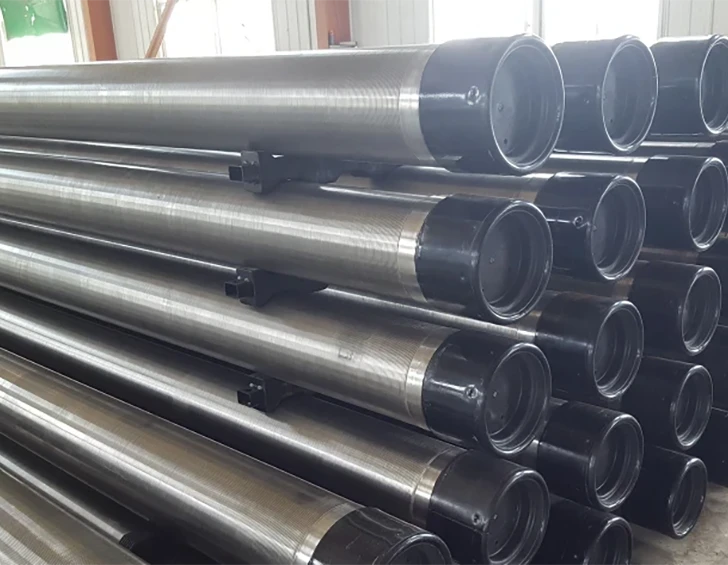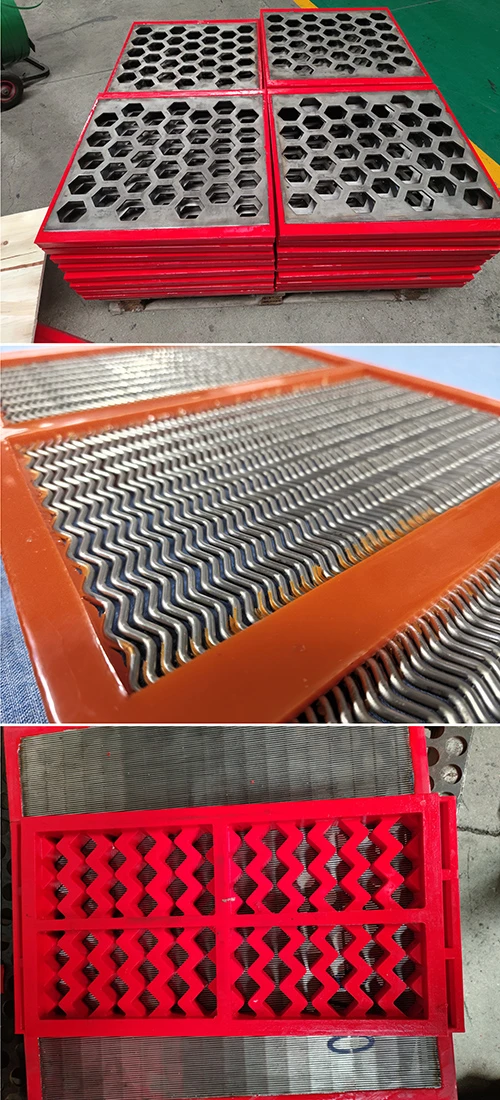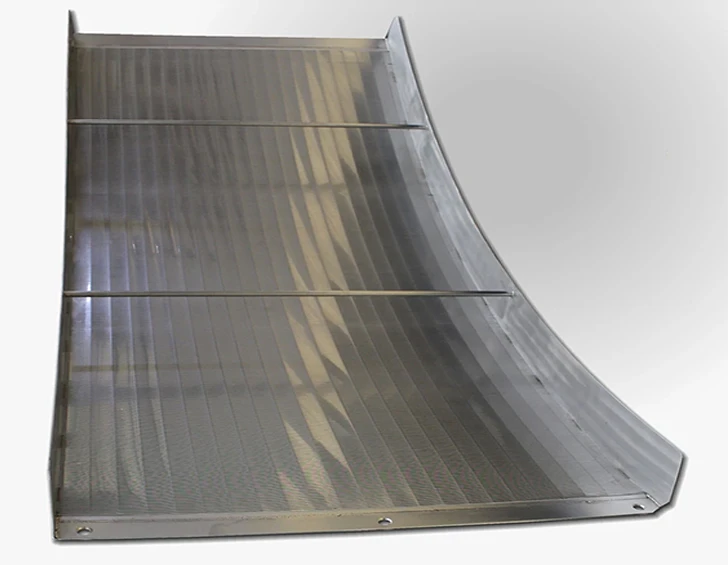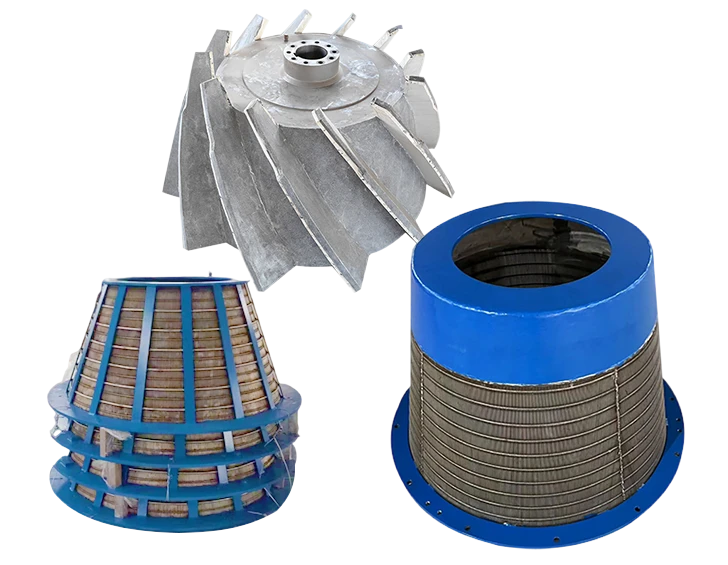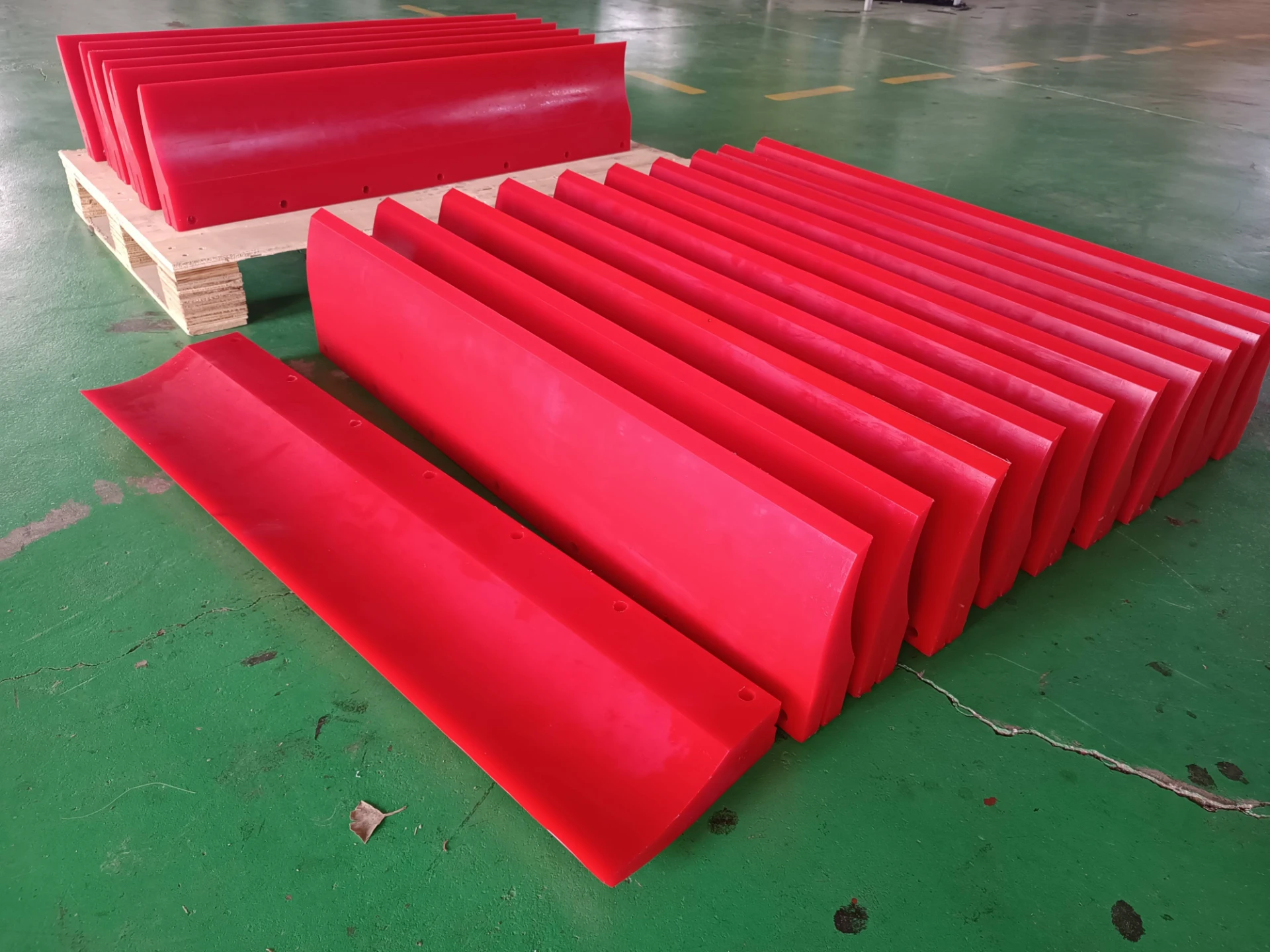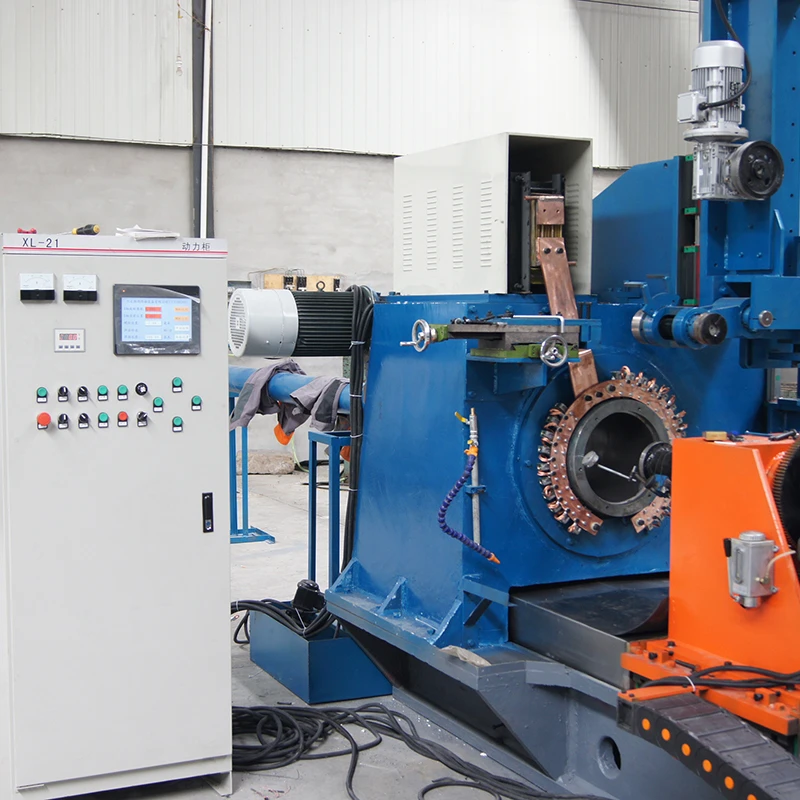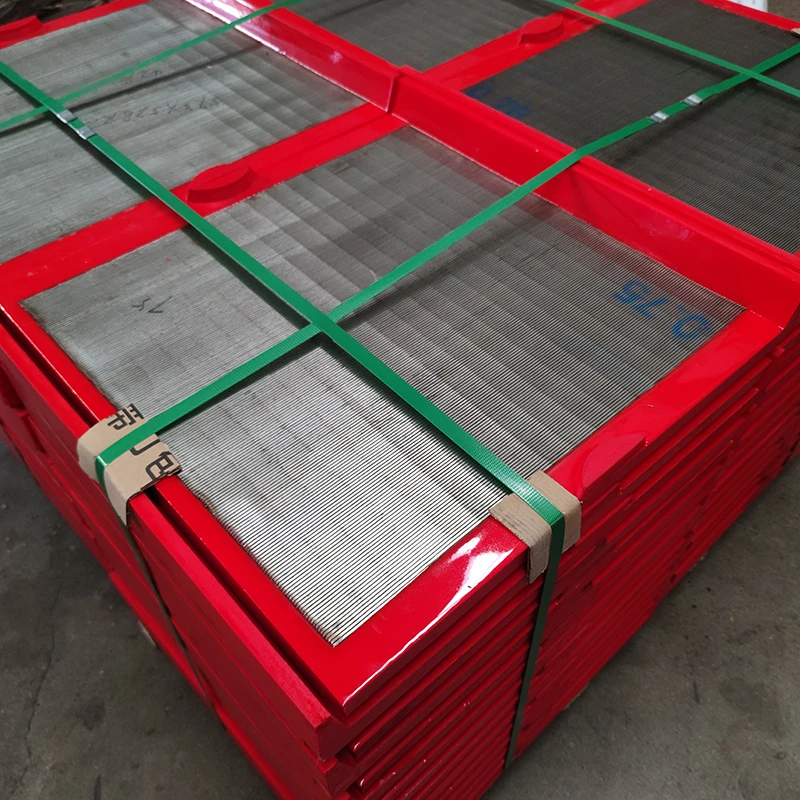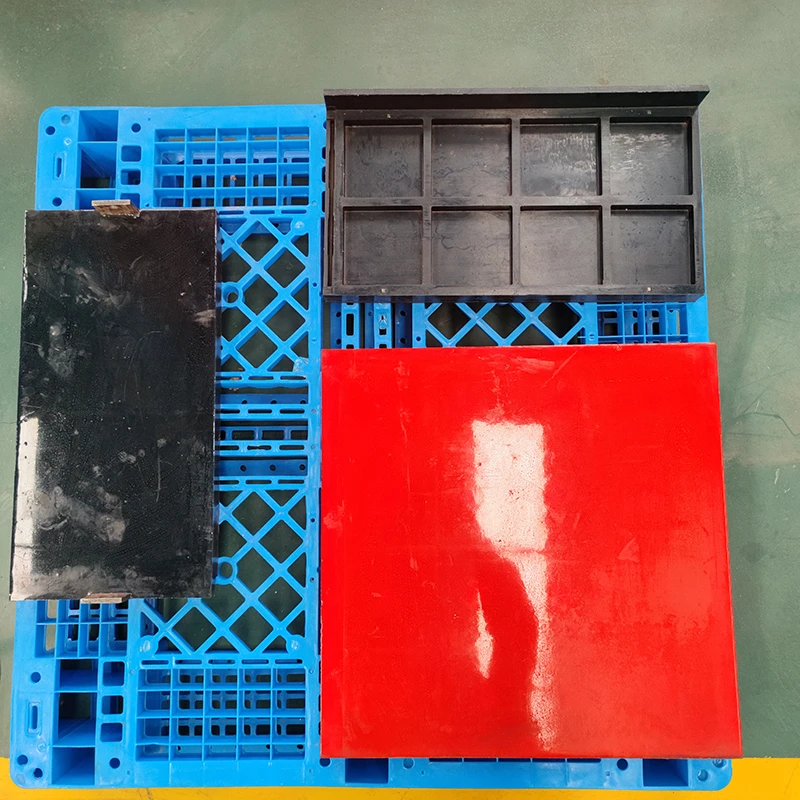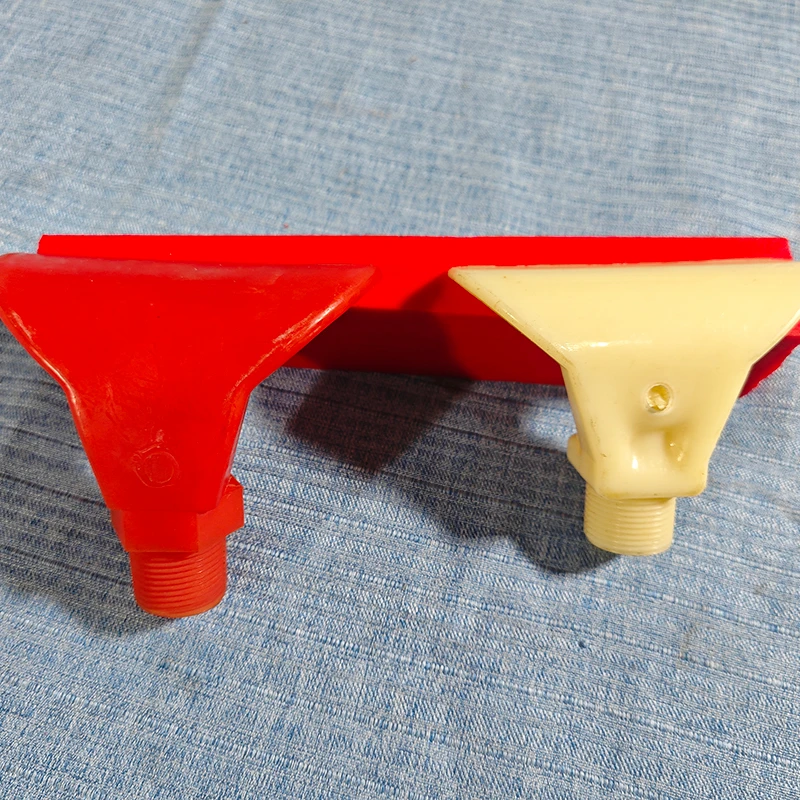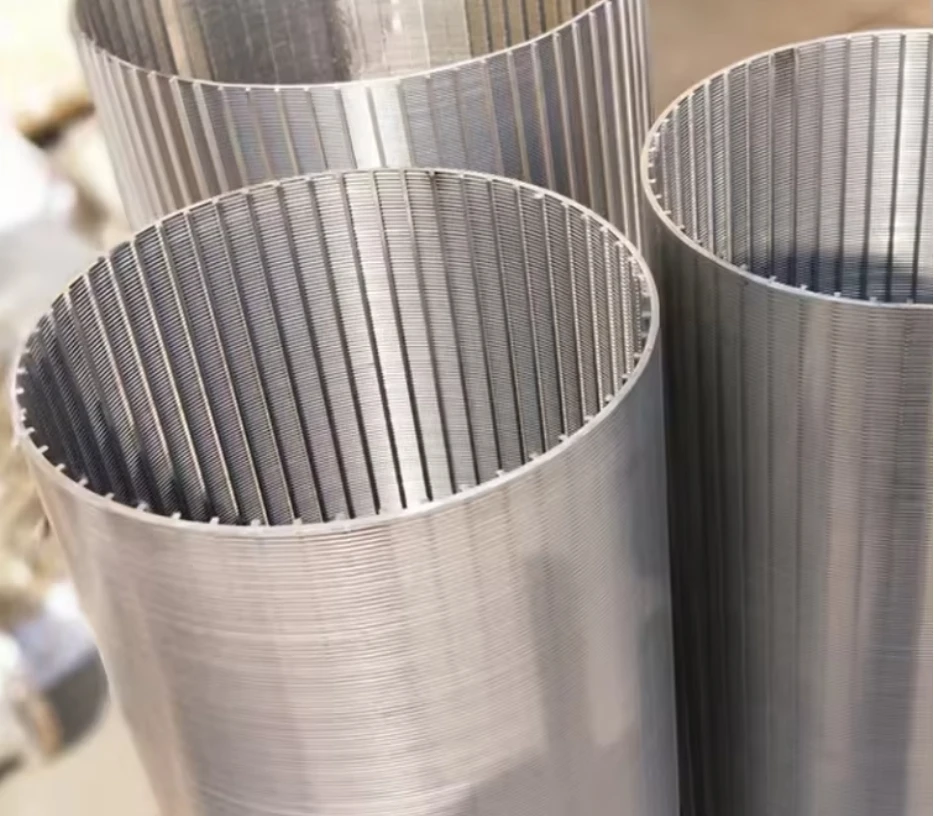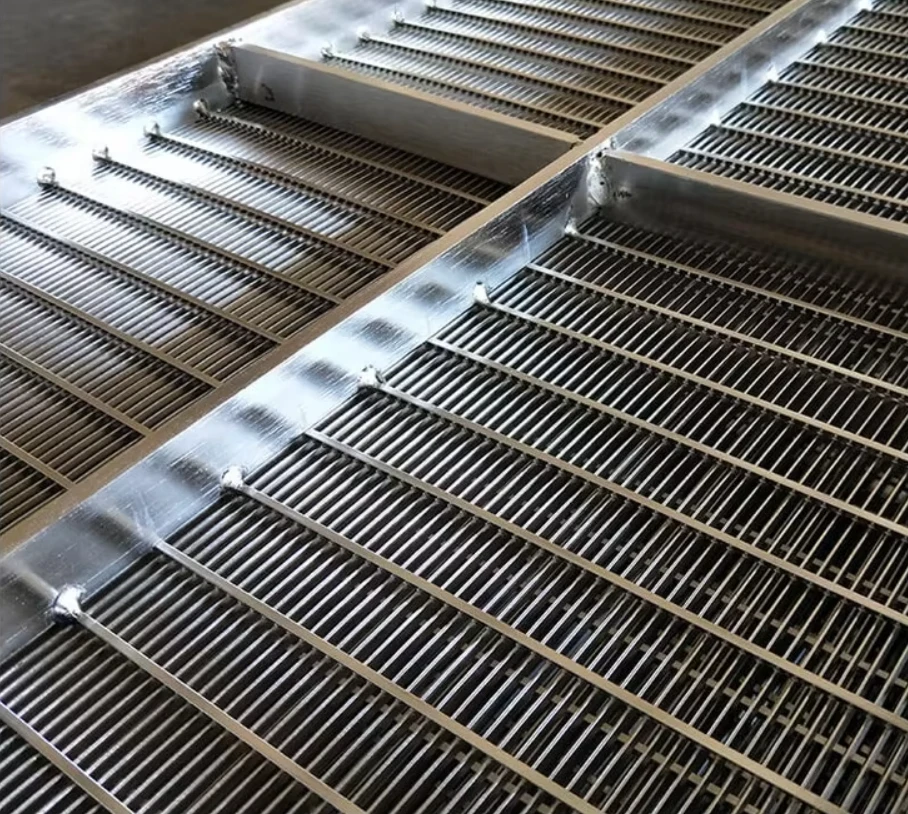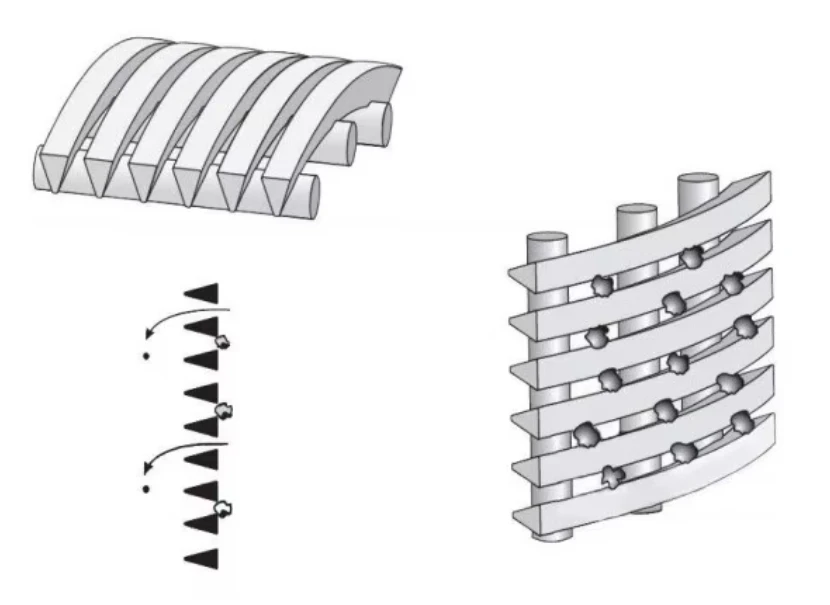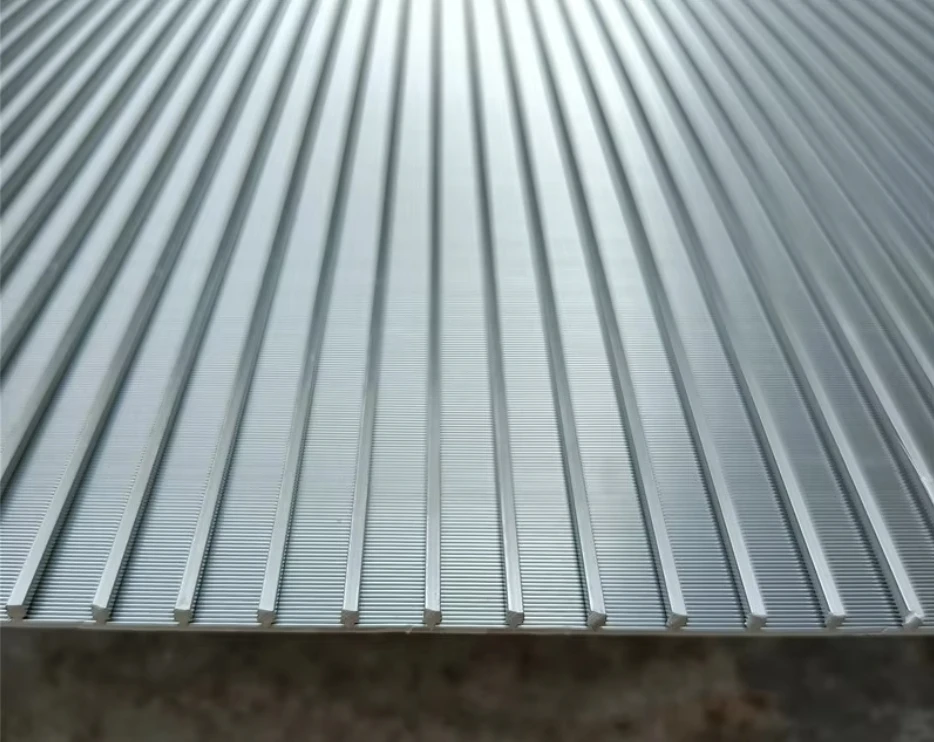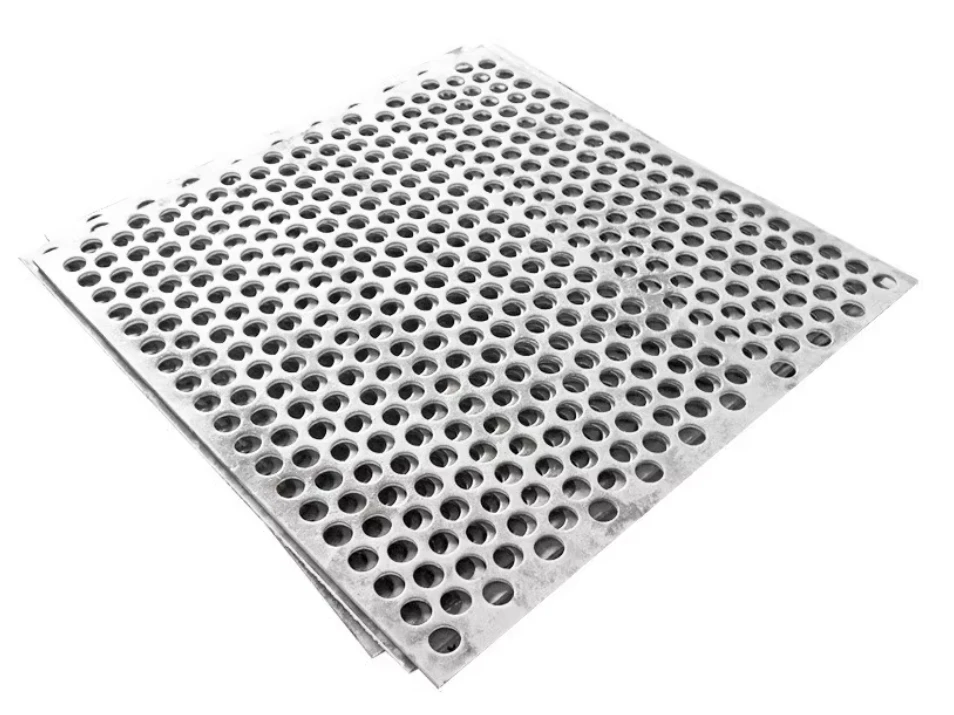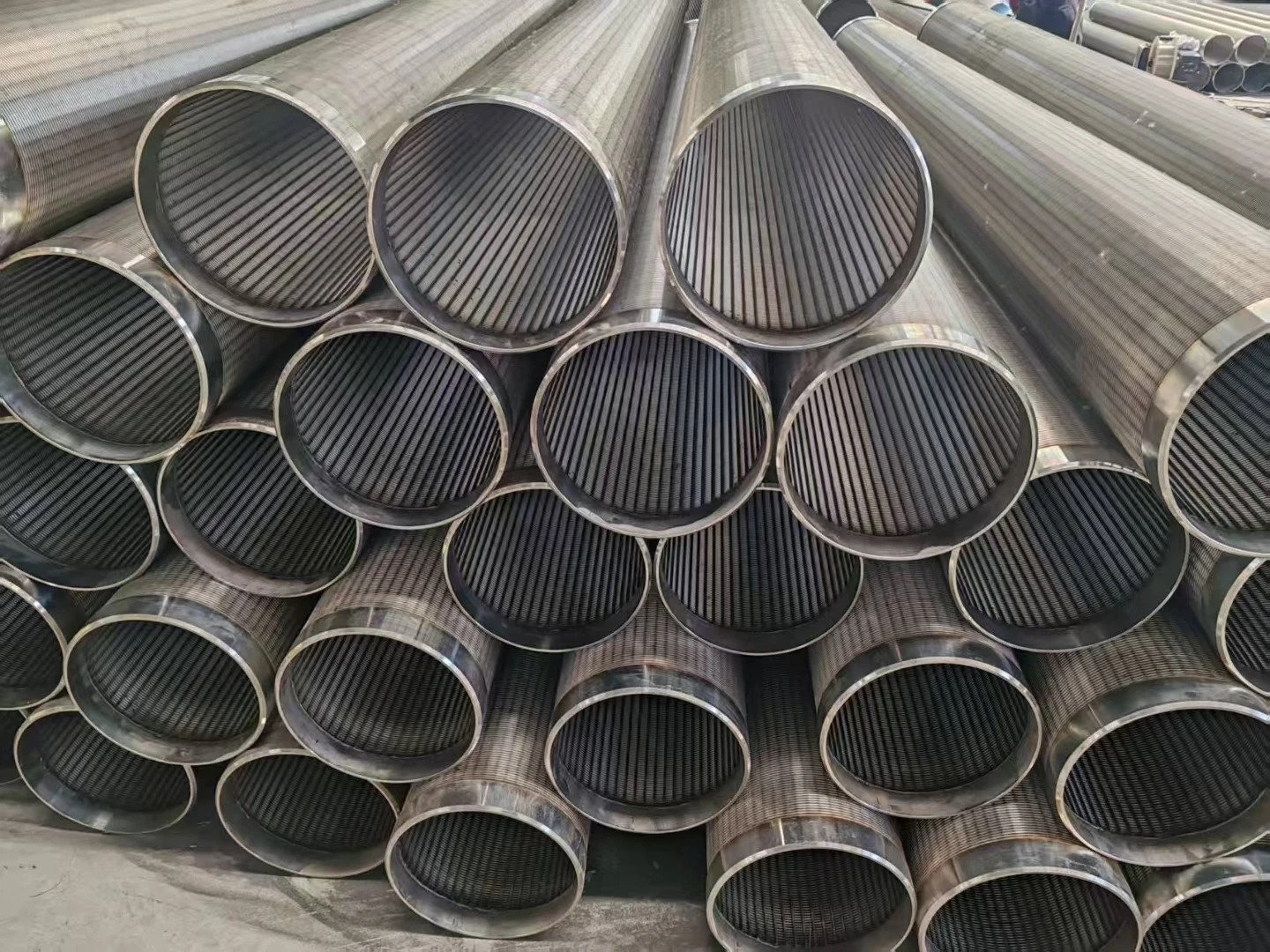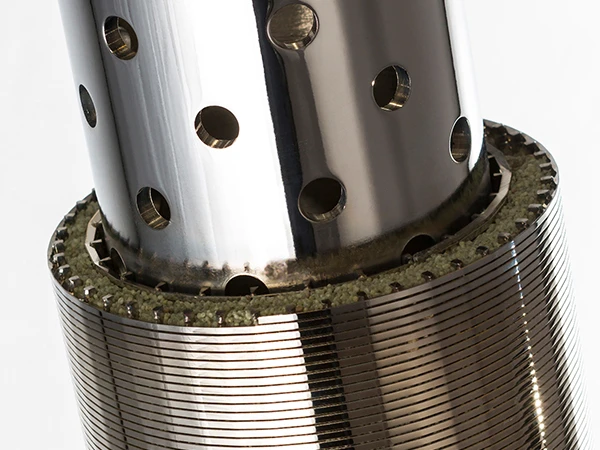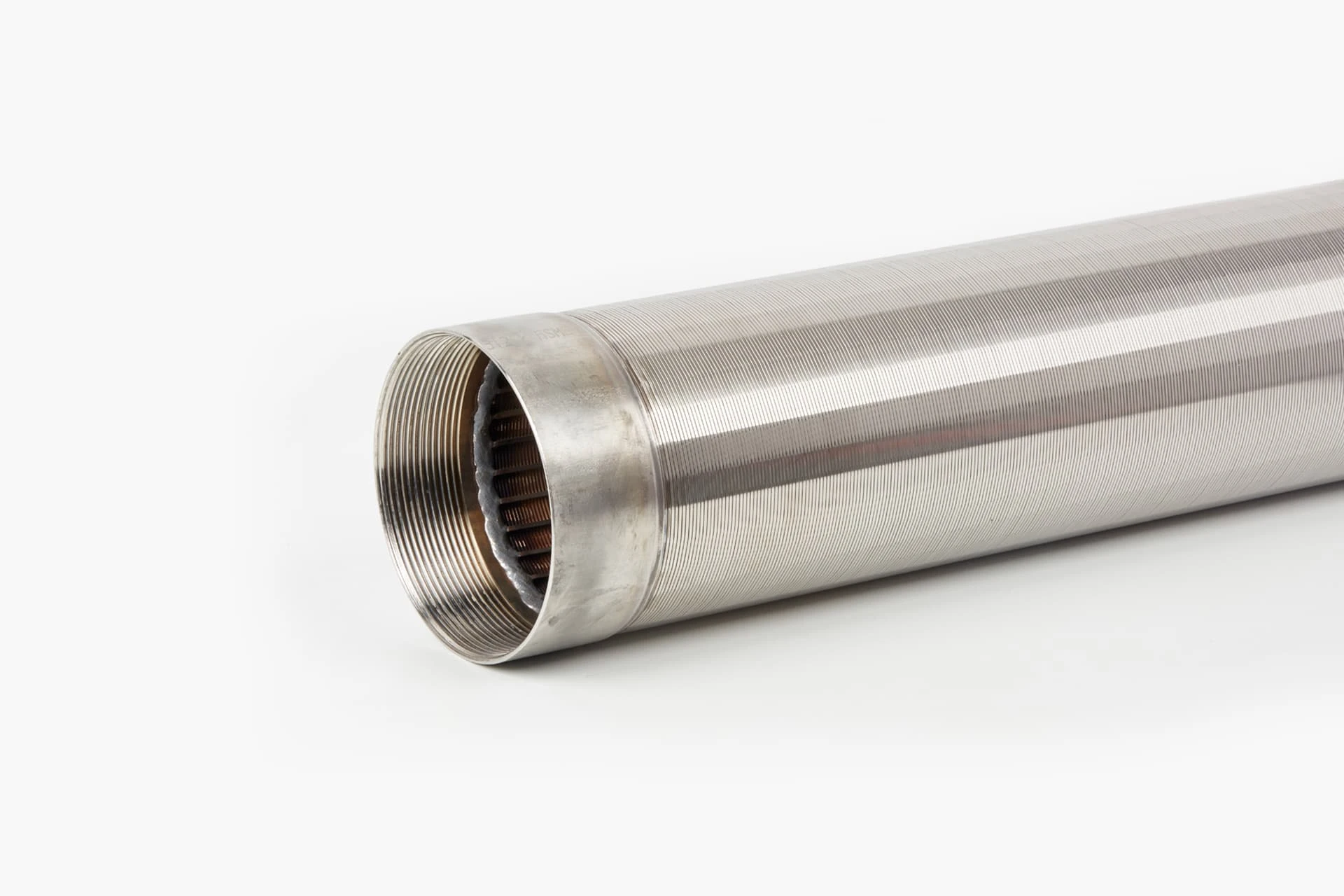Polyurethane materials are gaining popularity across various industries due to their impressive range of benefits, from durability to flexibility. One such example of their application is the polyurethane plate, which has become an essential component in many sectors. The polyurethane plate provides unparalleled advantages, especially in industries requiring durability, wear resistance, and versatility.
In this article, we will explore the practical uses of polyurethane plates, what makes PU plates unique, and address the question: what is the purpose of polyurethane? By the end of this article, you will understand why polyurethane plates are becoming the material of choice for many industries.
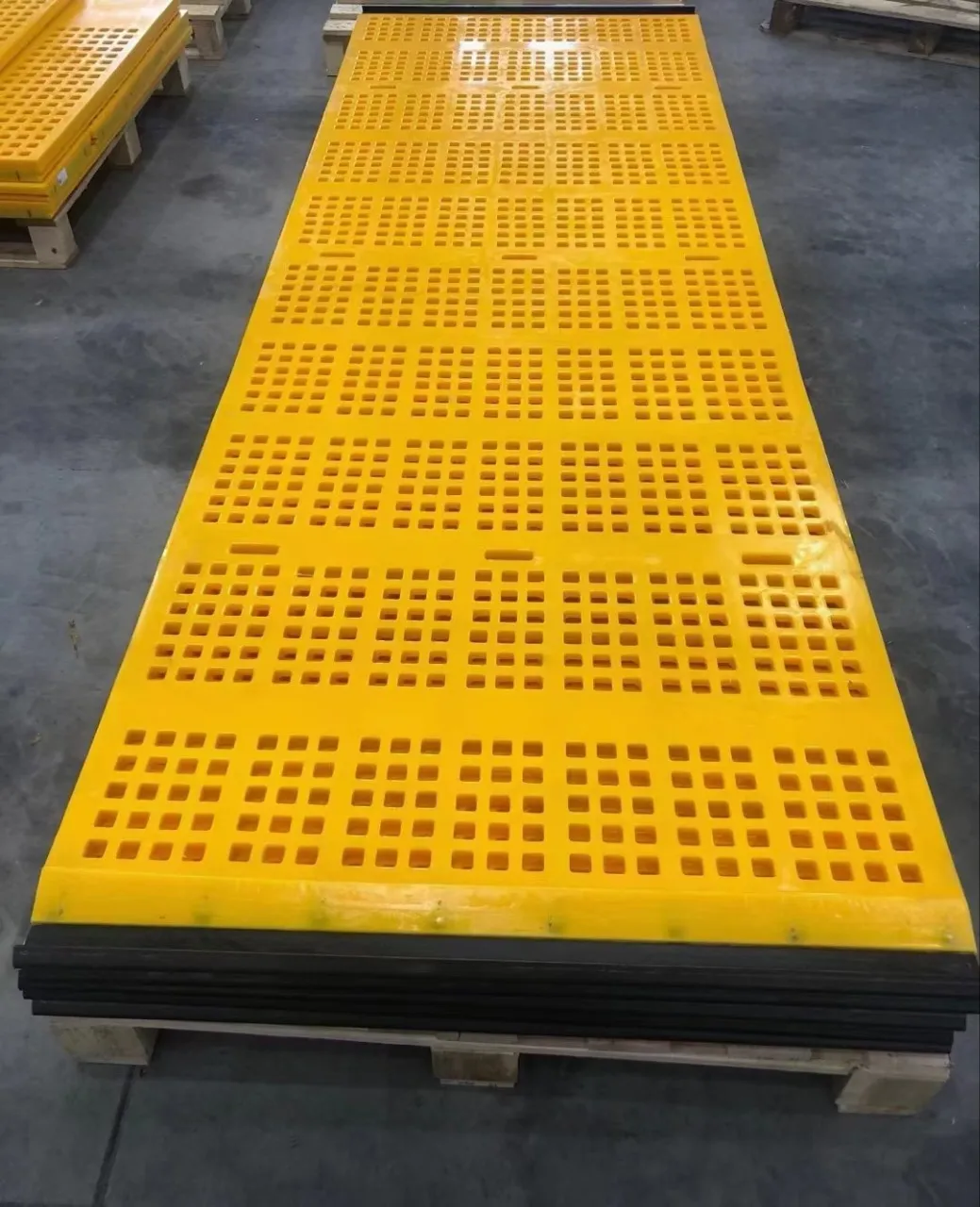
The Durable and Versatile Nature of Polyurethane Plates
Polyurethane plates are incredibly durable and versatile, making them a top choice for many industrial applications. These plates are designed to withstand wear, tear, and extreme operating conditions, which is why they are commonly used in industries such as mining, construction, and manufacturing. The polyurethane plate is known for its ability to handle high levels of stress, pressure, and friction, making it a reliable option for equipment that needs to perform under tough conditions.
Whether used as a component in conveyor systems, for lining machinery, or in protective wear, polyurethane plates offer a level of toughness that many other materials cannot match. Their resistance to abrasion and impact ensures that they last longer, even in high-impact environments. Additionally, their ability to maintain their shape and integrity in extreme temperatures adds to their long-term performance, making them a preferred option in high-demand applications.
Beyond durability, polyurethane plates also offer superior flexibility. The material can be molded into various shapes and sizes, allowing manufacturers to create custom solutions for specific applications. This makes polyurethane plates an adaptable material for many industries, enhancing the efficiency and functionality of the equipment in which they are used.
Plate PU: The Key to High-Performance Applications
Plate PU, also known as PU plate, is another form of polyurethane that offers superior strength and flexibility. Like traditional polyurethane plates, plate PU can withstand harsh conditions, but it has unique properties that make it suitable for applications that require both durability and flexibility. Plate PU is commonly used in industries like automotive, construction, and agriculture, where materials need to be resistant to abrasion and high-impact forces.
The adaptability of plate PU is one of its most significant advantages. This material is available in various thicknesses, hardness levels, and sizes, allowing it to be used in a wide range of applications. Whether you're building a high-load conveyor system or creating custom machinery parts, plate PU can be tailored to meet the specific needs of your operation.
One of the most notable features of plate PU is its ability to reduce friction. In many industrial applications, friction can lead to the premature wear of equipment. Plate PU helps to mitigate this issue by providing a smooth, durable surface that reduces wear and tear on machinery. This is particularly important in industries where machinery is in constant motion, such as material handling and manufacturing.
Understanding the Unique Properties of PU Plates
PU plates have a reputation for being both lightweight and highly durable. They are made from polyurethane, a material that offers an excellent combination of flexibility and strength. PU plates are commonly used in industries that require materials to withstand tough environments, including those with high-impact forces, chemical exposure, and extreme temperatures.
One of the standout features of PU plates is their resistance to chemicals, oils, and solvents. This makes them an ideal material for use in industries like chemical processing and food production, where exposure to harsh chemicals is a constant concern. Additionally, PU plates have excellent electrical insulating properties, making them suitable for electrical and electronic applications.
In addition to their durability, PU plates are also highly resistant to water and moisture. This characteristic makes them ideal for use in wet environments, such as marine, mining, and wastewater treatment industries. With their ability to maintain their structural integrity in harsh conditions, PU plates provide long-lasting solutions for industries where reliability and performance are paramount.
What is the Purpose of Polyurethane?
The purpose of polyurethane (PU) in industrial applications is vast and diverse. Polyurethane is a versatile polymer that is used in a wide range of products, from flexible foams to hard, rigid plastics. Its unique combination of flexibility, durability, and resistance to wear makes it ideal for use in products that need to withstand harsh conditions, such as machinery parts, industrial coatings, and filtration equipment.
In the context of polyurethane plates, the purpose of the material is to provide a robust and long-lasting solution for industries requiring high-performance materials. Polyurethane plates offer excellent abrasion resistance, high load-bearing capacity, and flexibility, which makes them suitable for various applications, from protective liners to custom parts. Additionally, polyurethane’s ability to maintain its properties in extreme temperatures and conditions makes it an essential material for industries that operate under high-stress environments.
Moreover, PU plates are also used to enhance the longevity and efficiency of industrial equipment. By reducing wear and tear, PU plates help to prolong the lifespan of machinery, reduce maintenance costs, and improve overall performance. This is particularly important in industries where equipment failure can lead to significant downtime and lost productivity.
Polyurethane Plates FAQs
What are the key advantages of polyurethane plates?
Polyurethane plates offer excellent durability, wear resistance, and flexibility. They are resistant to abrasion, chemicals, and extreme temperatures, making them ideal for harsh industrial applications.
How are plate PU and polyurethane plates different?
Plate PU (or PU plate) is a specific form of polyurethane designed to provide high flexibility and strength, making it suitable for applications requiring both durability and adaptability.
Can PU plates be customized?
Yes, PU plates are available in various thicknesses, hardness levels, and sizes, allowing them to be customized for specific applications.
What industries use polyurethane plates?
Polyurethane plates are used in a wide range of industries, including manufacturing, construction, mining, agriculture, and automotive, due to their durability, chemical resistance, and flexibility.
What is the purpose of polyurethane in industrial applications?
The purpose of polyurethane in industrial applications is to provide a durable, flexible, and reliable material that can withstand harsh conditions, reduce wear and tear on equipment, and improve operational efficiency.

